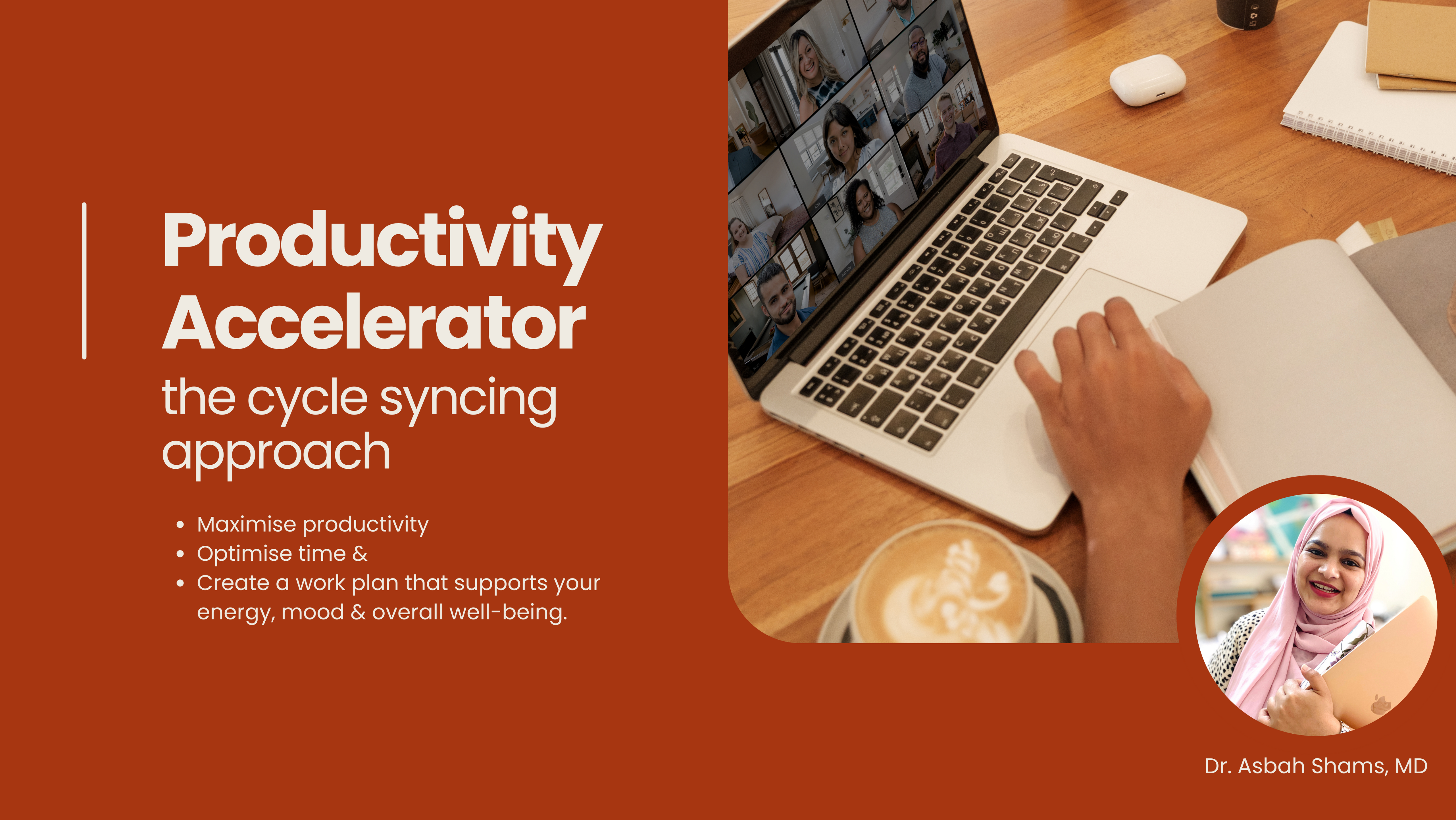If you are overthinking as you go to sleep, then your sleep will be shattered. Today I am going to explain how to stop overthinking and negative thoughts.
Imagine this: you’re trying to sleep. You know you have important stuff to take care of tomorrow. You know if you sleep now, you can get at least six hours of sleep. But guess what? This one weird obsessive thought isn’t letting you sleep.
Demo Quote
Another scenario: You’re in a meeting (or a class if you’re a student). You’re trying your very best to concentrate but you can’t. There’s something else going on in your head. Maybe you’re replaying a conversation in your head, analyzing it from every angle, trying to insert better comebacks. It has taken up your attention and you’re not in the present.
A sticky thought is that obsessive, intrusive thought that keeps coming back to us. It can be a real scenario or some contorted version of reality. It can range from anything like some chores, some unpaid bills, a family member’s unmet need, or something as random as ‘What would happen if there was an earthquake?’ Maybe you had a fight with your spouse in the morning and now you cant think of anything else but how inconsiderate your spouse has been.
Why do we get negative thoughts?
Our brain likes finished stories. It likes the safety of certainty. When there’s something we are scared of, something feels amiss or there’s uncertainty looming over our heads, i.e. our story is incomplete in some way, our brain wants us to reconsider that issue because it wants us to be safe. A sticky thought is your brain’s message to complete that story. It wants to ensure that you have considered the disturbing issue and are committed to taking useful measures to address it.
We often try to ‘shush’ or ‘shoo away’ these thoughts, but it doesn’t work. They keep coming back to our consciousness.
Quite often we try to offer logic to an intrusive thought. Let’s say that our intrusive thought is about poor self-worth. We feel that we aren’t good enough or we aren’t doing enough. We try to rationalize this feeling with logic by counting the times we were put down by others or the times we embarrassed ourselves. We might end up spinning a lot of scenarios around it, but does it solve the problem? Does the thought go away? No, it doesn’t. Rather, it comes back stronger!
Consider this – if you had a toddler throwing a tantrum at a busy intersection, could you calm him down by offering logic? Your most useful tool would be to succumb to the toddler’s demands, right?
Our brain is like a toddler too and a sticky thought is almost a fraction of a tantrum – it needs your attention, not your logic.
How to deal with sticky thoughts?
These thoughts keep playing with our imagination and occupy a good space in our working memory. They lure us into thinking about them and prevent us from focusing one hundred percent on the task at hand. So how can we stop ourselves from this self-indulgent time-kill?
The key to dealing with such thoughts is- don’t ignore them and don’t ‘shoo away’. Rather document them. Keep a notebook at hand and whatever comes to your mind, simply jot it down. If a thought seems important enough to take action and your schedule allows you to do that, then put it down on your to-do list. Otherwise, simply addressing the thought and writing it down is often the most useful way to get rid of it. Once a sticky thought is out of your system, it won’t annoy you as much. Secondly, it may lead you to something constructive.
Now you might say that you’re a busy person and it feels like a total waste of time to write about random, seemingly useless information when you have other, more productive things to do.
Consider this – you might spend a few minutes writing a thought down in your journal. But you might spend an entire day shoo-ing it away! What’s a better bargain?
Shoo-ing away a sticky thought is a poor bargain with your attention span. It keeps eating away from your self-control. Every time you struggle to ‘shush’ or ‘shoo away’ a sticky thought, you spend a penny from your self-control wallet. That’s also one penny less from your attention span. So no matter how much time you have, poor attention wouldn’t get the work done. Instead, if you spend some minutes jotting down those sticky thoughts, its like a peace offering to your troubled, scared brain. In other words, you’re telling your brain to chill because you’ve written the message down and will take action sooner or later. It then takes a back seat and allows you to do your important work in peace.
Imagine Dumbledore taking a string of memory out of his mind and storing it away in a pensive. That’s a sticky thought for you, except that you don’t have a pensive (not invented so far), so you make use of a pen and paper.
Understanding Overwhelm
Overwhelm is like many sticky thoughts glued together. Overwhelm is the feeling of a sword hanging on our heads. It is that sinking feeling we get when we think there are a hundred things we need to check off our list while we don’t have any time. It prevents us from focusing on the one task at hand. Instead, it forces us to resort to over-scheduling and multi-tasking, which is the recipe for burnout and eventually failure.
Paradoxically, overwhelm is a warning sign that says ‘Slow Down’. It’s an alarm bell that rings when our conscious processing unit (I made that up) is choked full of information.
While we all have multitudes of responsibilities, some of us get rather involved with everything. It’s great to be involved, as long as it’s in a single direction. But getting pulled in different directions gets you nowhere. Overwhelm usually grips us when there are unrelated unfinished tasks that can no longer be ignored or postponed. Many of us who are deep thinkers, who observe, record, and analyze everything and try to achieve perfection, waste our efforts by trying to achieve perfection in everything. They do this by delaying a task for a better time/ perfect opportunity. This is a disaster. It’s exhausting and not as rewarding as we imagine.
We can eliminate the wheat from the chef by working out our priorities, by doing the identity work. We should have a maximum of three priorities. All our effort and attention must be directed to these. Everything else can be outsourced or simply eliminated.
In order to counter overwhelm, I made an overwhelm workbook for myself that’s easy to follow and provides instant relief.




That’s so relatable maam…..thnx n love to u
I am so happy that you found it helpful. Thanks for your feedback ✌️
I’m so happy that you found it helpful. Thanks for your feedback.
Asbah!!! I love you! For this article!! You nailed it! I mean the doubts that I had in mind whenever I had all. These “sticky thoughts”. Was you know I never thought it was too important to write it down and when I did sit down to write to figure out what was going on in my head, I thought okay there are just too many thoughts and it’s all knotted in my brain and I cannot unravel it! But you gave me the answer to that!! To sit down and write it and like I said I always tried to do that before but now I just felt like okay so this is how I must do it!!! Take it out of my brain for later.. and the. Work on the most important tasks .. amazing!
Hope I can work on overwhelming thoughts because I had a lot of those!! I love the words and phrases you used it! It cracked me up! Very easy read! Comfortable! And made me very relaxed 😊
I’m so happy I was able to help ❤️. Overwhelm can be a huge roadblock to our chores and can drive us crazy. Writing down in a journal can be one of the most effective ways to counter overwhelm.